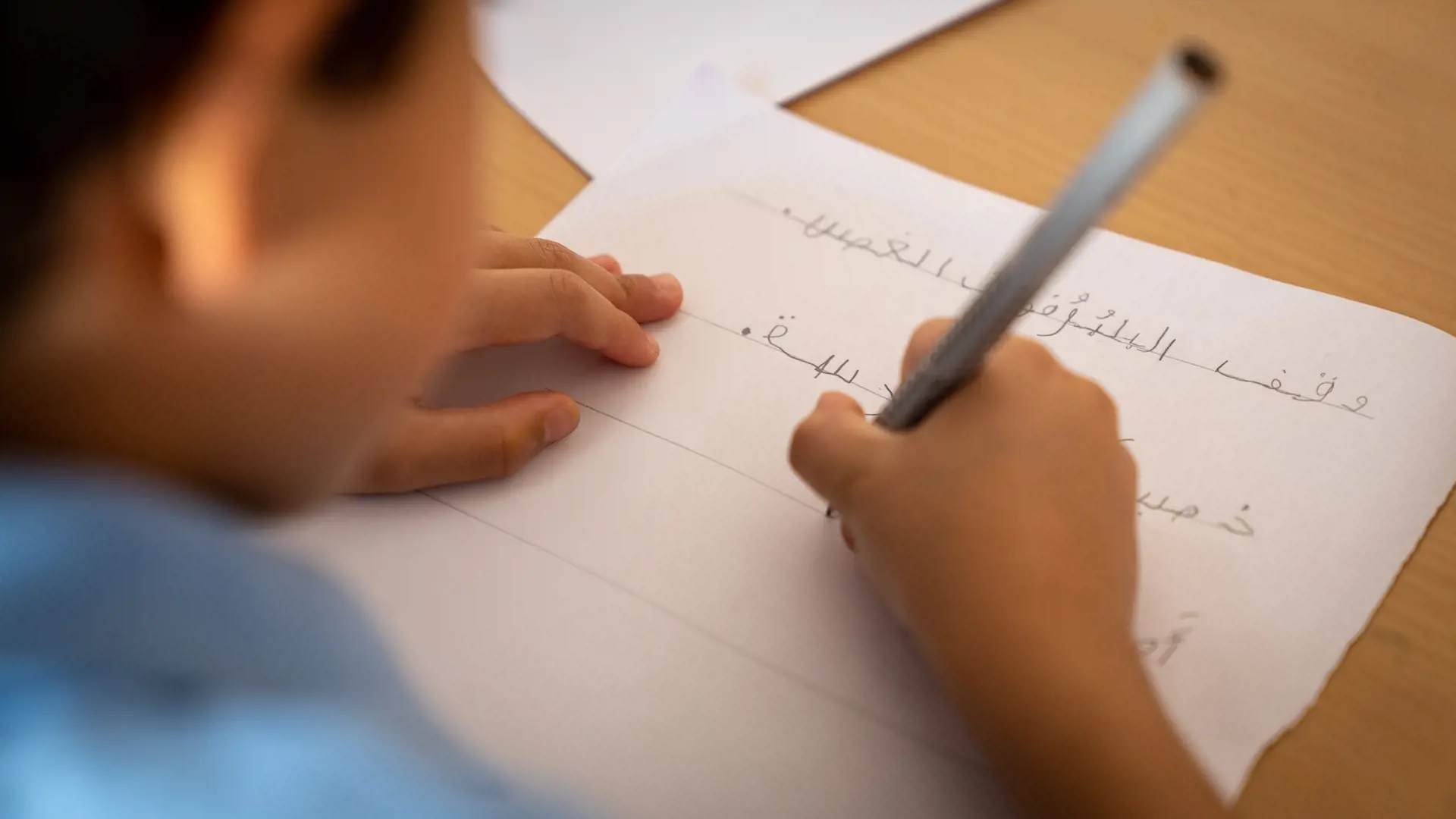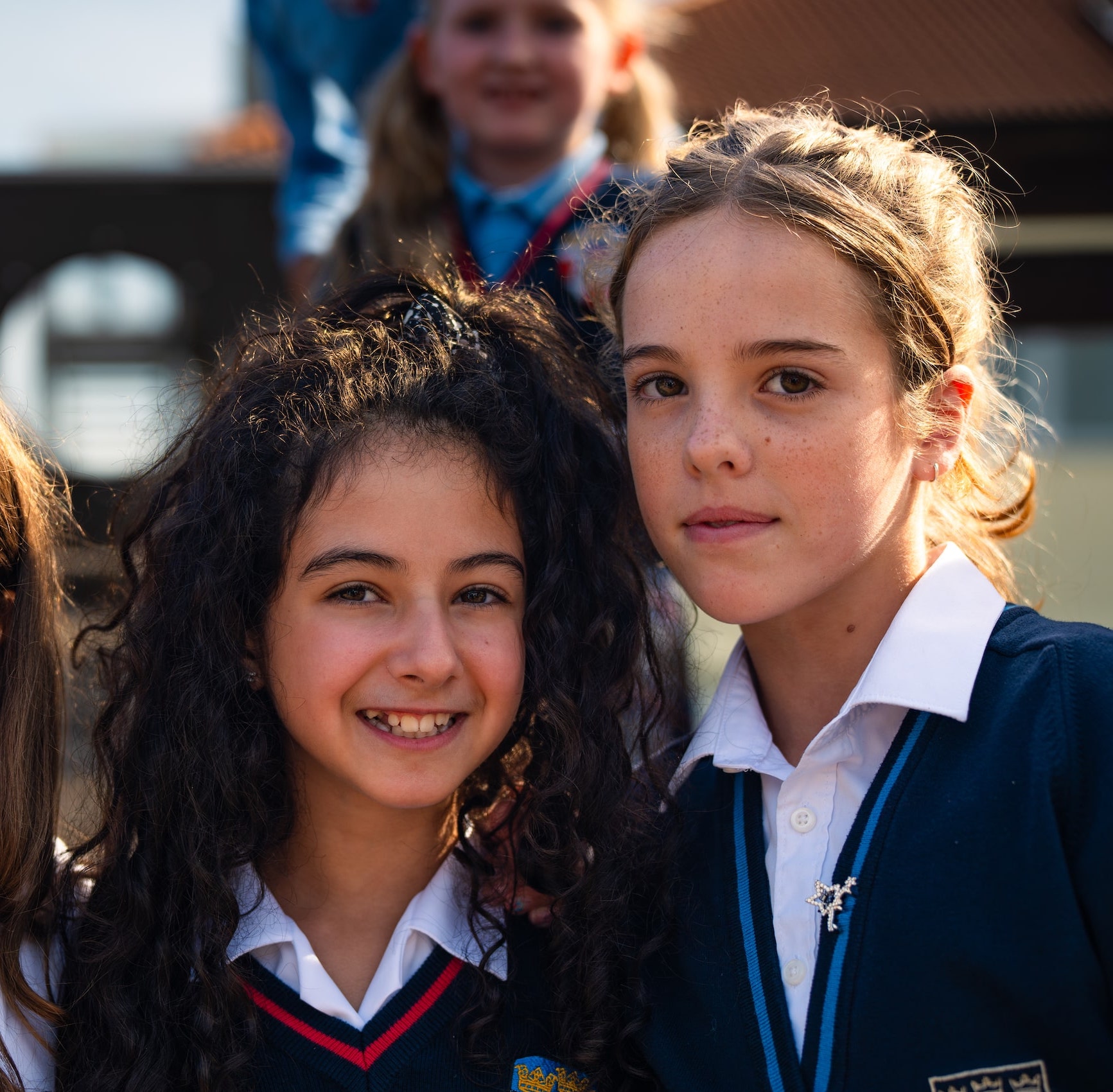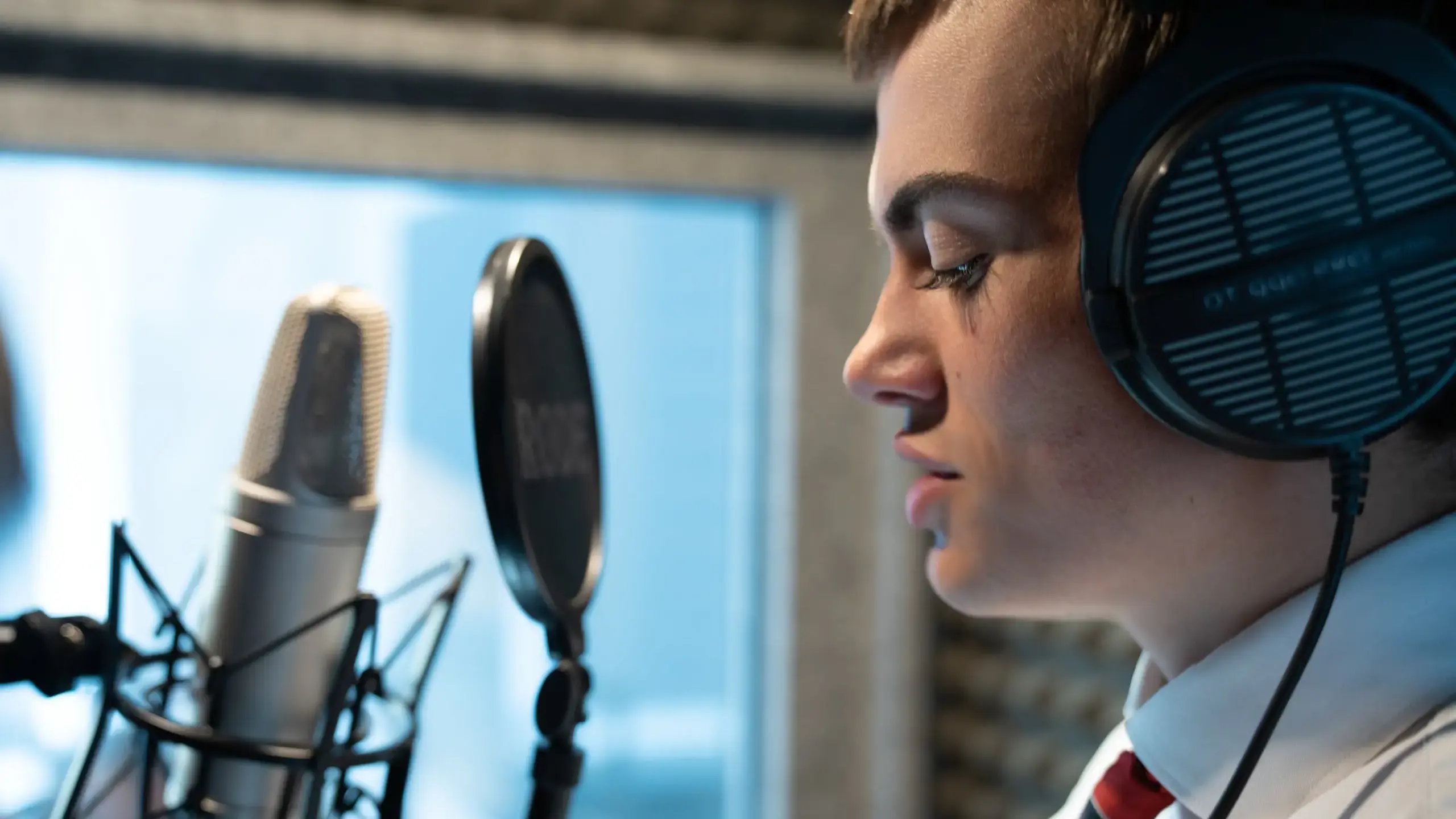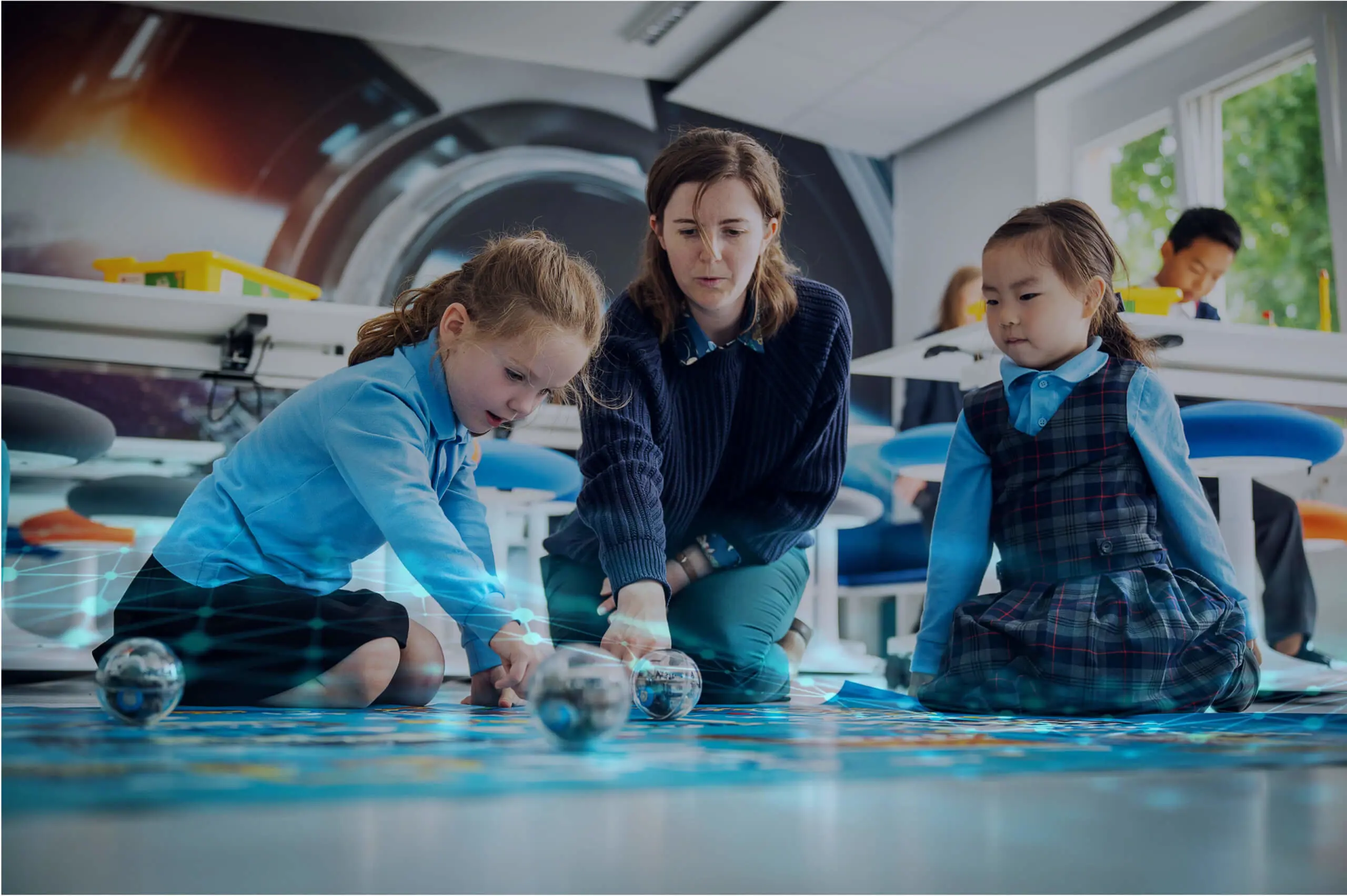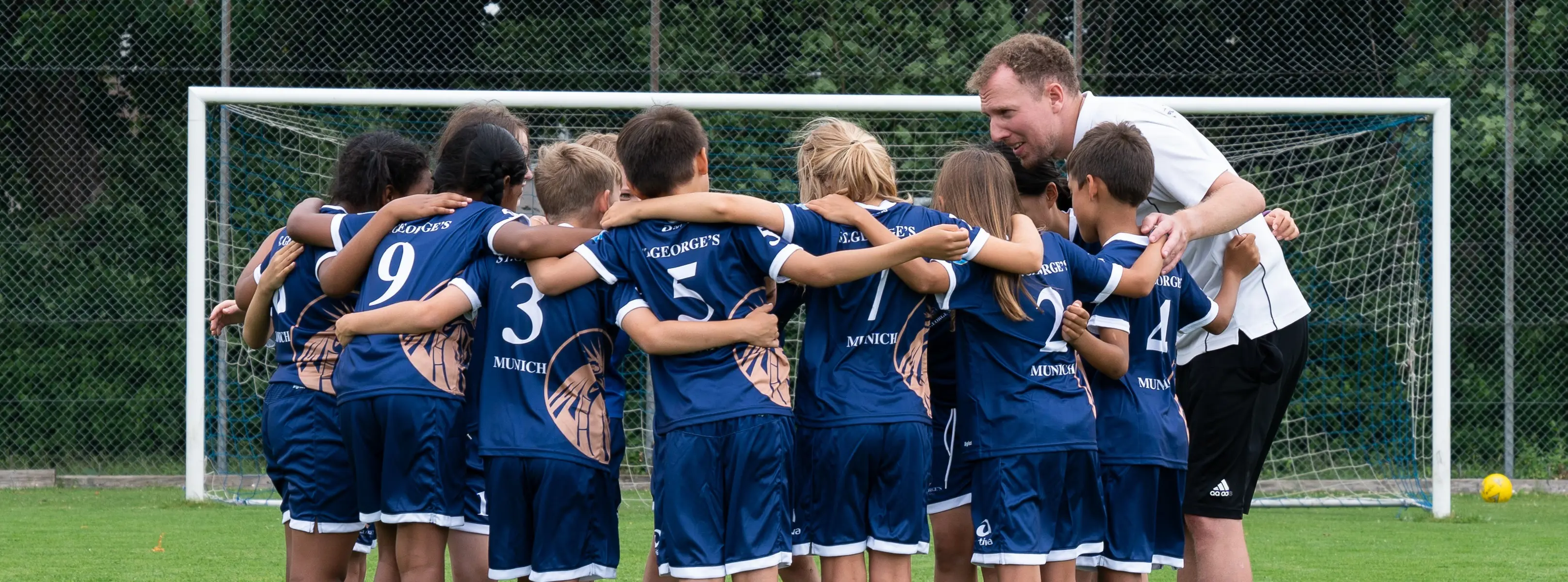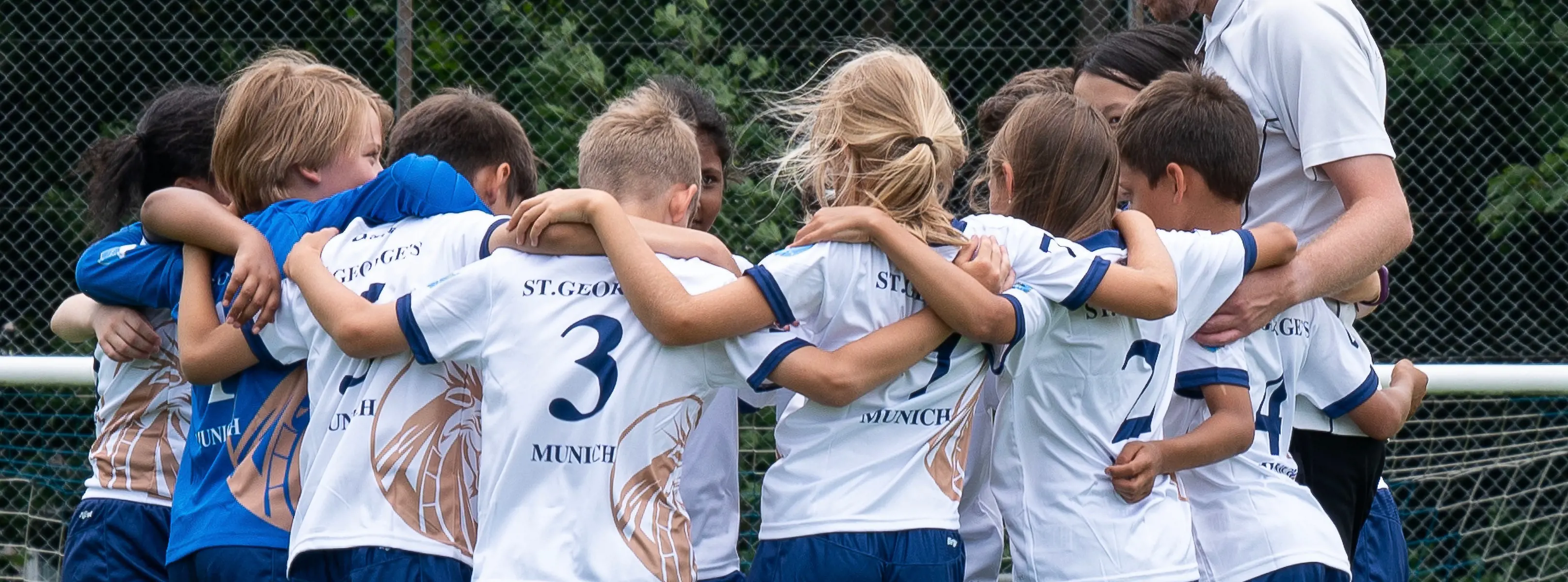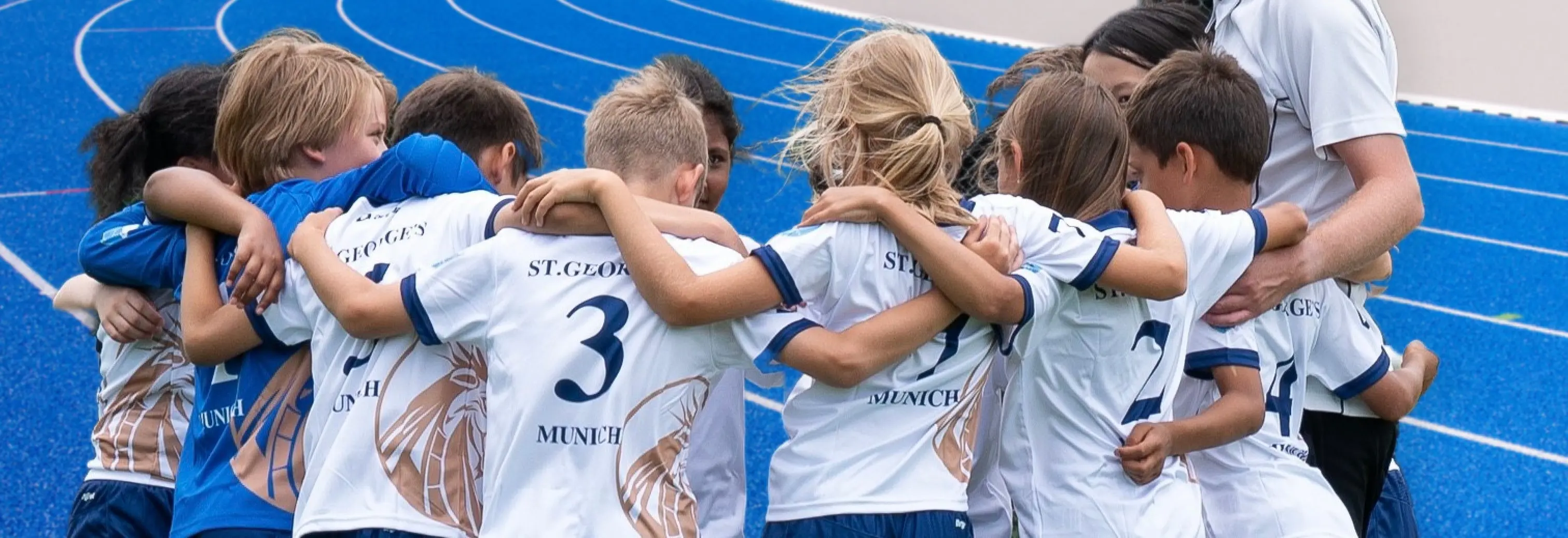The power of communication
Author: John Hullock | Author Title: Head of Primary School SGSD | Publication Date: January 2024
In today's digital and interconnected world, where information is readily accessible and communication happens at lightning speed, media and communication skills have become more important than ever before.
Whether it's in the classroom, the workplace, or our personal lives, the ability to communicate clearly, persuasively, and empathetically across cultures and languages plays a central role in achieving success and fostering meaningful connections.
Communication skills encompass a wide range of abilities, including verbal, nonverbal, written, and digital communication. Verbal communication involves the use of spoken language to convey messages, ideas, and emotions, while nonverbal communication encompasses body language, facial expressions, gestures, and tone of voice to enhance or supplement verbal communication. These skills enable individuals to express their thoughts, emotions and ideas, convey information, collaborate with others, and build relationships.
Fostering communication skills and integrating them into the curriculum are essential for both Primary and Secondary School pupils.
Developing effective communication skills can boost students' confidence and self-esteem. When students feel confident in their ability to express themselves and communicate with others, they are more likely to actively participate in class, take on leadership roles, and engage in extracurricular activities.
Strong communication skills are closely linked to academic achievement. Students who can articulate their thoughts and ideas clearly are better able to participate in classroom discussions, express themselves in writing, and comprehend complex concepts. By fostering communication skills at St.George’s, we empower our students to excel academically across all subjects.
Communication skills are essential for building and maintaining positive relationships. By teaching students how to communicate respectfully, listen actively, and empathise with others, we support them to foster social and emotional intelligence, leading to healthier interpersonal connections and a more inclusive school community.
Effective communication is a foundational preparation for the professional future of our students and can open doors to career advancement and success. In today's competitive job market, employers place a premium on strong communication skills, whether it's delivering presentations, writing reports, or collaborating with colleagues.
From words to action
Realising the importance of communication skills in schools requires a multifaceted approach: At St.George’s School we have implemented several strategies to promote and enhance communication skills among students across all subjects and year groups.
Our teachers integrate activities that encourage verbal, written, and nonverbal communication into the curriculum. This includes group discussions, presentations, debates, role-playing exercises, storytelling, writing assignments, and collaborative projects.
To help students improve their communication skills, we provide constructive feedback on students' presentations, writing assignments, and interpersonal interactions, highlighting areas for improvement and providing guidance for growth.
We offer opportunities for students to practice public speaking and presentation skills in front of their peers. This includes class presentations, assemblies, writing competitions, media and podcast clubs among others. We also host our own TED Talk evenings within our Secondary School.
Using digital tools and resources such as multimedia presentations, video recordings, online discussion forums, and virtual collaboration platforms, we provide opportunities for students to practice communicating across various media in different digital formats.
The creative arts are a wonderful tool for students to learn verbal and nonverbal communication simultaneously, conveying meaning and emotion through their voice, body language, facial expressions, and gestures.
Drama performances are only one aspect of the creative arts, that encourage students to think out of the box, imagine alternative scenarios, and explore different perspectives. They support us by teaching students to speak clearly and expressively, whether they are delivering lines, participating in improvisation exercises, or engaging in dialogue with fellow performers. Through practice and rehearsal, the pupils learn to articulate their thoughts, emotions, and ideas effectively using their voice. Students learn to use their imagination to create characters, settings, and storylines, enhancing their ability to communicate ideas in innovative and engaging ways. Through portraying different characters and scenarios, pupils develop empathy and perspective-taking skills as they learn to understand and embody the thoughts, feelings, and experiences of others. This fosters a deeper understanding of human emotions and relationships. We regularly work with theatre professionals in special holiday camps to provide additional opportunities for pupils to develop these skills outside of our standard term time.
A supportive and inclusive learning environment where students feel comfortable expressing themselves and taking risks in their communication efforts helps us to encourage open dialogue, respect for diverse perspectives, and empathy towards others.
Fostering collaborative learning experiences that require students to work together and solve problems as a team enhances communication skill development. This could involve group projects, peer editing, cooperative learning activities, and team-building exercises.
We encourage active listening by providing opportunities for all pupils to engage in discussions, ask questions, and reflect on the perspectives of others, and we provide feedback to help students improve their listening abilities. This is particularly evident within curriculum programmes such as philosophy for children which is practiced across our Primary School and allows pupils to investigate thought provoking topics whilst explicitly developing their communication skills. Our teachers serve as a role model for effective communication by demonstrating clear and articulate speech, active listening, empathy, and respect in their interactions with students and colleagues.
Investing in professional development opportunities for our teachers is essential for ensuring that they have the knowledge, skills, and resources to effectively convey communication skills. We invest in training workshops, conferences, and peer collaboration to enable our teachers to keep up with best practices and innovative strategies for teaching.
A dedicated media communication suite
In today's digital age, where information is readily accessible and communication happens at lightning speed, media communication skills have become more important than ever before. Whether it's sharing ideas on social media, presenting information through videos, or crafting persuasive messages in emails, the ability to effectively communicate through various media platforms is an essential skill for success in both personal and professional realms.
The school has made a significant investment in enhancing students' media communication skills by establishing a dedicated media communication suite, to cater to the diverse educational needs of both primary and secondary students. This versatile environment integrates professional technology and versatile amenities tailored to facilitate both theoretical understanding and practical application in the realms of video and audio production and editing. It is carefully crafted to accommodate a wide range of learning experiences, spanning both core curriculum requirements and extracurricular pursuits.
Equipped with a dedicated professional recording box, a green screen, a comprehensive array of video and photo devices and tools, including high-definition cameras, professional lighting equipment, and a wide range of accessories, our media communication suite offers students a hands-on environment to explore the intricacies of media creation. From mastering the principles of visual storytelling to honing their audio editing skills, students have access to professional technology and industry-standard software to bring their creative visions to life.
In addition to these immersive production facilities, our suite features dedicated spaces for collaborative brainstorming and concept development. Here, students can engage in lively discussions, refine their ideas, and collaborate on multimedia projects with their peers.
Complementing these physical resources are comprehensive learning materials and curriculum modules covering a diverse range of topics within media and communication studies. Through engaging lessons, interactive workshops with industry experts, and practical assignments, students are empowered to deepen their understanding of media theory while simultaneously honing their practical skills in video and audio production and editing.
Furthermore, the school has introduced bespoke units of learning in media communication, where students have the opportunity to learn both the theory and practice of media production through explanations, hands-on experience and guidance from media experts. These courses cover a wide range of topics, including storytelling, camera operation, editing, sound design, and post-production, cinematography, audio engineering, graphic design, and digital citizenship. They also learn about ethical considerations, in the field of media production.
|
PUPIL TEACHER INTERVIEW |
MAKING OF VIDEO |
Navigating the multi-media age
Teaching children to communicate responsibly in media environments is crucial for their personal development, social well-being, and success in an increasingly connected and digital world. It helps them develop critical thinking skills and media literacy. By understanding how media messages are constructed and disseminated, children can evaluate information critically, discern between fact and opinion, and recognise bias or misinformation.
By empowering our students to navigate media landscapes with integrity, empathy, and critical awareness, we can help shape a generation of responsible and ethical communicators. Ultimately, our modern media communication suite serves as a dynamic hub where students can explore, experiment, and innovate in the ever-evolving landscape of media and communication and provides them with the tools and opportunities to thrive in an increasingly multimedia-driven world.
Conclusion
Communication skills are indispensable for success in today's world, and fostering these skills in our schools is essential for preparing students for the challenges and opportunities of the future. By integrating communication skills into the curriculum, providing experiential learning opportunities, offering constructive feedback and assessment, and investing in professional development for teachers, we aim to empower students to become confident, articulate, and empathetic communicators who are poised for success in all aspects of their lives.

